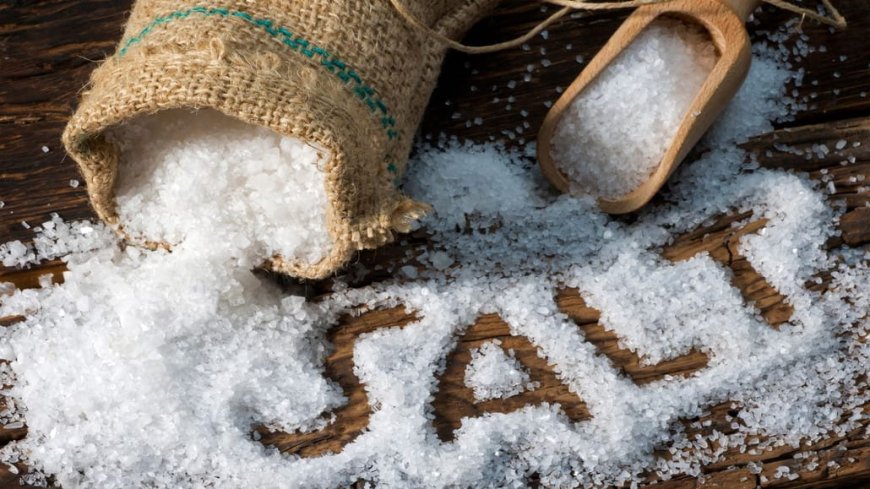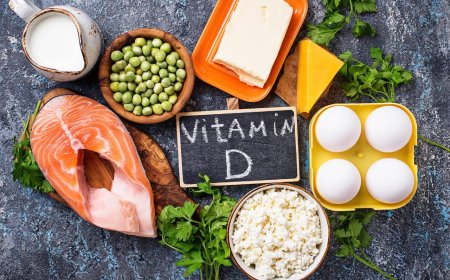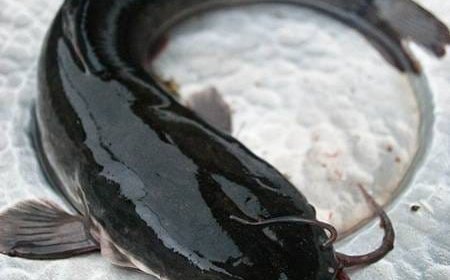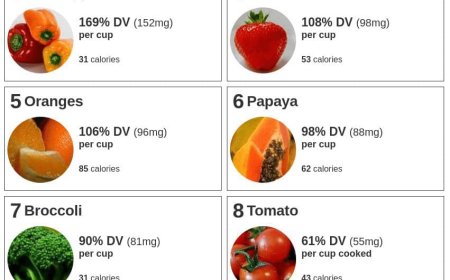High sodium intake is indeed a significant public health concern, particularly in regions like the Caribbean.

High sodium intake is indeed a significant public health concern, particularly in regions like the Caribbean.
Here are some key points regarding its impact on health:
Health Impacts of High Sodium Intake
1. *Hypertension*: Excessive sodium consumption is closely linked to high blood pressure (hypertension), a major risk factor for heart disease and stroke.
2. *Cardiovascular Disease*: High sodium levels can increase the risk of heart disease, which is prevalent in many Caribbean nations. This can lead to increased healthcare costs and reduced quality of life.
3. *Kidney Damage*: The kidneys help regulate sodium levels in the body. High sodium intake can strain the kidneys, potentially leading to chronic kidney disease.
4. *Increased Risk of Stroke*: Elevated sodium intake is associated with an increased risk of stroke, which is a leading cause of death and disability in the region.
Contributing Factors
- *Dietary Habits*: Traditional Caribbean diets may include high-sodium foods, such as processed meats, pickled foods, and certain condiments.
- *Lack of Awareness*: There may be limited public awareness regarding the health risks associated with high sodium intake.
Strategies for Reducing Sodium Intake
1. *Public Health Campaigns*: Education on the dangers of high sodium consumption and promoting healthier dietary choices can help reduce intake.
2. *Food Labeling*: Encouraging clearer labeling on food products can help consumers make informed choices about sodium content.
3. *Culinary Practices*: Promoting the use of herbs and spices instead of salt for flavoring can help reduce sodium levels in cooking.
4. *Community Programs*: Initiatives that encourage healthier eating habits and cooking methods can be beneficial.
What's Your Reaction?





























































